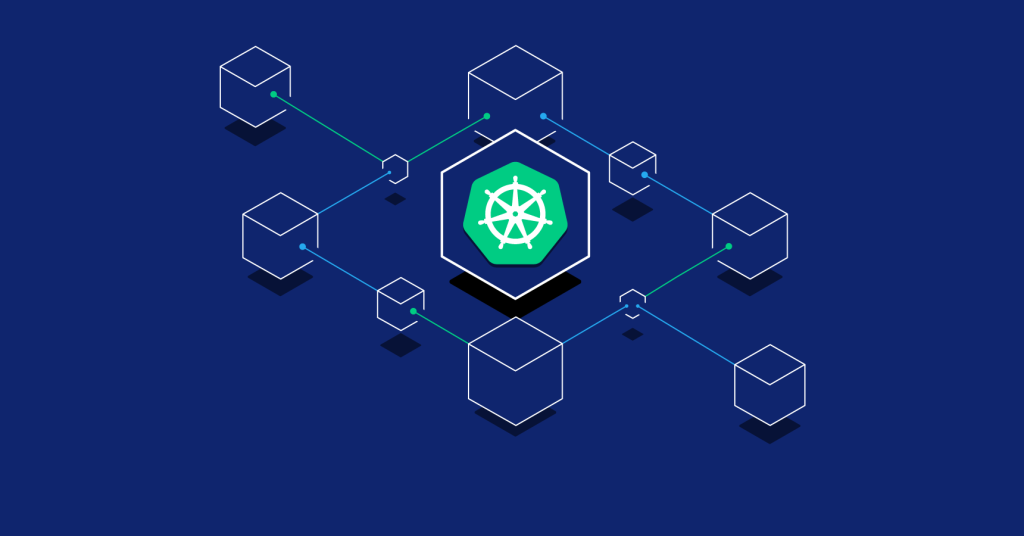In today’s fast-paced software development world, DevOps engineers are expected to manage scalable, reliable, and efficient systems. As containers become the standard for deploying applications, Kubernetes has emerged as the leading orchestration platform. But what exactly is Kubernetes, and why is it crucial for DevOps professionals?
In this post, we’ll break down the basics of Kubernetes, its key features, and how it empowers DevOps workflows.
What is Kubernetes?
Kubernetes (often abbreviated as K8s) is an open-source platform designed to automate the deployment, scaling, and operation of containerized applications. Initially developed by Google and now maintained by the Cloud Native Computing Foundation (CNCF), Kubernetes has become the de facto standard for container orchestration.
Why DevOps Engineers Should Learn Kubernetes
DevOps is all about bridging the gap between development and operations by automating processes and improving collaboration. Kubernetes fits perfectly into this ecosystem for several reasons:
- Container Orchestration Made Easy
Kubernetes simplifies the management of hundreds or thousands of containers by automating their deployment, scheduling, and scaling. - Improved CI/CD Pipelines
Kubernetes supports smoother Continuous Integration and Continuous Deployment (CI/CD) pipelines through rolling updates, automated rollbacks, and blue-green deployments. - High Availability and Load Balancing
Kubernetes ensures applications stay online even if containers fail. It distributes traffic across healthy containers and restarts failed ones automatically. - Infrastructure as Code (IaC)
Using YAML files, DevOps engineers can define and manage infrastructure in a version-controlled, repeatable way. - Cloud-Native Compatibility
Whether you’re working on AWS, Azure, GCP, or on-premises, Kubernetes provides a consistent deployment environment.
Core Components of Kubernetes
To get comfortable with Kubernetes, DevOps engineers should understand its key components:
- Pod: The smallest deployable unit in Kubernetes, usually containing one or more containers.
- Node: A virtual or physical machine that runs pods.
- Cluster: A group of nodes managed by Kubernetes.
- Deployment: A blueprint for managing application versions and updates.
- Service: A stable endpoint to access a set of pods, enabling load balancing and discovery.
- ConfigMap & Secret: Manage environment-specific configurations and sensitive data like passwords or tokens.
Getting Started with Kubernetes
Here are a few steps to begin your Kubernetes journey:
- Install Minikube for local Kubernetes experimentation.
- Learn kubectl commands for interacting with the cluster.
- Try Kubernetes tutorials on platforms like Katacoda or Play with Kubernetes.
- Experiment with Helm, a package manager that simplifies app deployment on Kubernetes.
Conclusion
As a DevOps engineer, mastering Kubernetes is no longer optional—it’s essential. It streamlines operations, enhances scalability, and aligns perfectly with modern development practices. Whether you’re managing microservices or complex deployment pipelines, Kubernetes gives you the tools to succeed in a cloud-native world.

